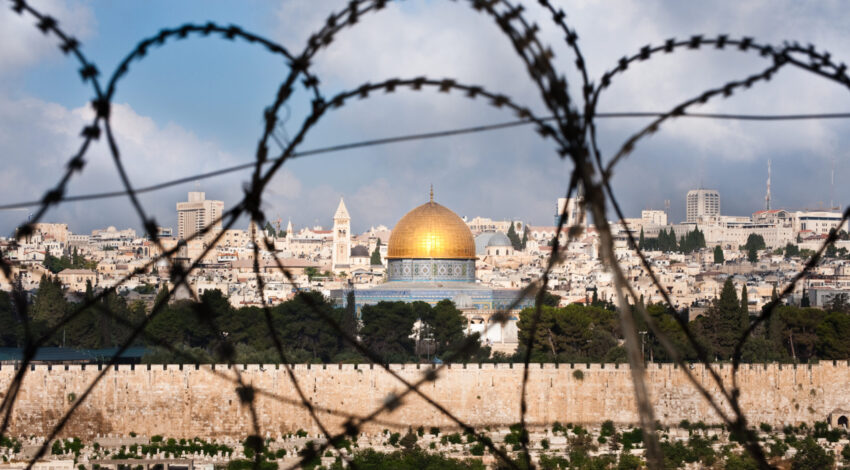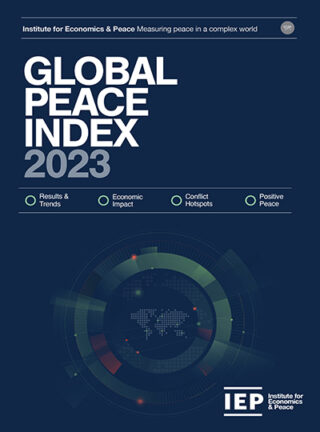The assault, stretching to areas as far as 15 miles (24 kilometers) from the Gaza border, prompted Israel to retaliate with airstrikes. Israeli Prime Minister Benjamin Netanyahu responded to the attack, stating that the country is now at war with Hamas, committing to inflicting an “unprecedented price” on the militant group.
Hamas operatives infiltrated as many as 22 locations outside of Gaza, including various towns and communities. Reports indicate that militants engaged in combat with both civilians and soldiers, with the latter hurriedly trying to counteract the sudden onslaught. Hostages were taken in two towns, with militants holding them in prolonged standoffs. In another town, Hamas fighters took control of a police station, which took Israeli forces until Sunday morning to reclaim.

Based on figures provided by the Israeli media and rescue service officials, the attack on Saturday is deemed the deadliest in decades for Israel, with a reported 250 casualties and 1,500 injuries. The Palestinian Health Ministry has reported a toll of at least 232 deaths and 1,700 injuries in the Gaza Strip due to the Israeli strikes. An undetermined number of Israeli civilians and soldiers have also been taken captive by Hamas fighters into Gaza.
Amid this backdrop of escalating tensions, the Global Peace Index (GPI) 2023 already showed that Israel’s levels of peacefulness had dramatically deteriorated over the last year. The nation dropped eight positions to rank 143rd, marking the fourth largest drop in peacefulness of any country. The recent deterioration is the most significant Israel has seen since 2010, indicating a low level of peacefulness not witnessed in nearly 13 years.
Two principal factors contributed to this decline: Israel’s deteriorating relationships with neighboring countries, especially Palestine, and a notable increase in its internal political instability. Additional indicators on the GPI for Israel show a rise in the impact of terrorism, heightened perceptions of criminality, and a decline on the Political Terror Scale.

In January 2023, Israel’s political landscape became particularly turbulent. The Netanyahu government’s efforts to curtail the judiciary’s power, leading to potential overruling of government decisions, spurred widespread demonstrations. Some protests reportedly saw attendance exceeding 100,000 participants.
The GPI’s Ongoing Conflict domain also indicated a deterioration for Israel, primarily attributed to worsening relationships with nearby countries. The United Nations Security Council (UNSC) was informed by senior UN officials that 2022 was markedly one of the most violent years for the Israeli-Palestinian conflict, noting both increased frequency and intensity of confrontations. Tensions have also been on the rise with Syria and Iran.
Israel’s internal political landscape faces intensified scrutiny post-attack, particularly focusing on Prime Minister Netanyahu. Since his return to office nine months ago, Netanyahu’s leadership has navigated through waves of criticism, stemming from his government’s contentious constitutional reform efforts. While some of Netanyahu’s allies point fingers at the intelligence sector – notably due to its recent anti-government sentiment and protests – the opposition has momentarily withheld criticisms.
Until recently, conversations in the Middle East predominantly centered on potential diplomatic relations between Israel and Saudi Arabia. The ramifications of Saturday’s attack on these discussions remain uncertain. Although Saudi Arabia traditionally holds reservations about Hamas, the recent assault serves as a poignant reminder that border peace for Israel remains an elusive goal.
